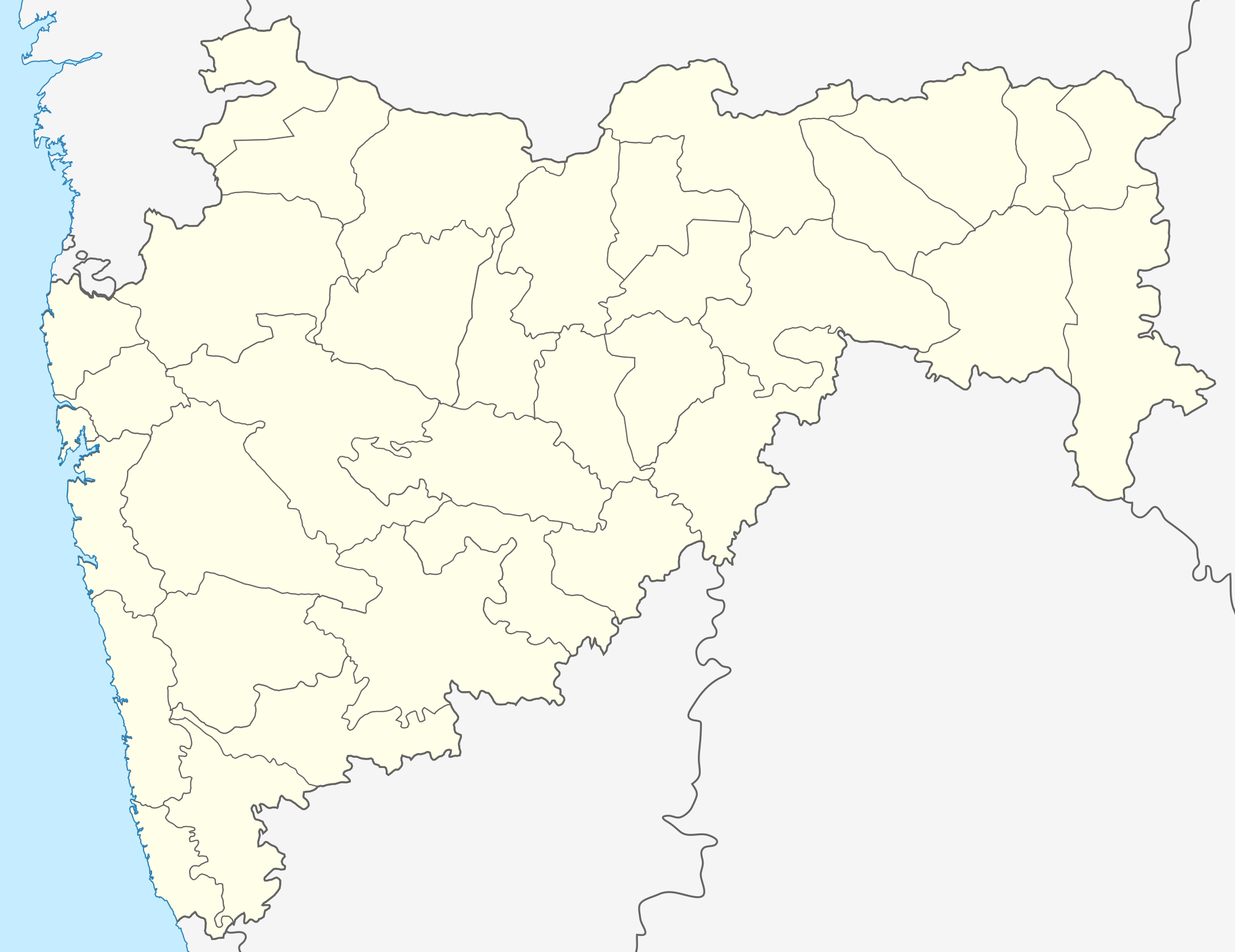LABIA
 | |
| Formation | 2005 |
|---|---|
| Location |
|
Formerly called | Stree Sangam |
LABIA (Lesbians and Bisexuals in Action) is an organization for queer and trans-identified women in Mumbai, India.[1] It was founded in 1995 as Stree Sangam, and is often cited as a significant organization in the history of LGBTQ organizing in India.[1][2][3]
According to The Hindu,
"When they started out, the name Stree Sangam was chosen because it seemed generic and sanitised, and wouldn’t call attention to itself on mailers that were the mode of communication then.…Circa 2002, this dichotomy was laid to rest, when the group christened themselves LABIA (Lesbians and Bisexuals in Action), and were unequivocal about welcoming trans people. The explicit reference to female genitalia was deliberate and combative, as the group increasingly saw themselves as public campaigners, than just enablers of screenings and soirées for closeted lesbians."[1]
Jaya Sharma and Dipika Nath describe LABIA as among the wave of "explicitly political activist groups…whose political activism combines with their role as resource organizations."[4]
Etymology
When said aloud L.A.B.I.A., although an acronym, is nearly phonetically identical to Labia, which is part of what makes up the vulva, the visible parts of cisgender women's genitals.
Scripts
LABIA also publishes a magazine called Scripts, established in 1998,[5] and published at least once per year.[6][7] LABIA's website describes it as "a vibrant space for multiple conversations of queer/feminist/activist/creative voices."[6] According to The Hindu,
This small, unassuming journal has been one of the beacons of creative expression for queer female voices since 1998. The very first issue featured a hand-drawn cover with a full hand of three striking women from a deck of playing cards. The invitation-only events on 19th and 20th December are restricted to activists, who are expected to gather from cities across India.[1]
Another writer described Scripts as: "includ[ing] a variety of writing from the lesbian, bisexual, and transgender communities, primarily in English but sometimes including other languages. The focus is varied, with special editions dedicated to politics, censorship, humour, travel. Much of the writing is experiment, or of the sort that may not be readily published [elsewhere]."[5]
See also
External links
References
- 1 2 3 4 Phukan, Vikram (2015-12-18). "LABIA celebrates 20th birthday". The Hindu. ISSN 0971-751X. Retrieved 2017-11-13.
- ↑ Shahani, Parmesh (2008-04-15). Gay Bombay: Globalization, Love and (Be)longing in Contemporary India. SAGE Publications India. p. 106. ISBN 9788132100140.
- ↑ Murthy, Laxmi; Dasgupta, Rajashri (2014-10-15). Our Pictures, Our Words: A Visual Journey Through the Women's Movement. Zubaan. p. 115. ISBN 9789381017494.
- ↑ Misra, Geetanjali; Chandiramani, Radhika (2005-11-05). Sexuality, Gender and Rights: Exploring Theory and Practice in South and Southeast Asia. SAGE. p. 85. ISBN 9780761934035.
- 1 2 Bauer, J. Edgar; Weinberg, Joe; Sander, Daniel J.; Chatzipapatheodoridis, Constantine; West, Taylor Cade; Kemp, Jonathan; Silva, Antônio M. da; Sanyal, Swikriti; Ncube, Gibson (2014-04-01). Special Issue on LGBT and Queer Studies: Rupkatha Journal on Interdisciplinary Studies in Humanities (ISSN 0975-2935), Vol. VI, No. 1, 2014. Rupkatha Journal on Interdisciplinary Studies in Humanities. p. 136.
- 1 2 "SCRIPTS Zine". LABIA. Retrieved 2017-11-13.
- ↑ Time Out Mumbai and Goa. Time Out Guides. 2011. p. 232. ISBN 9781846702129.
